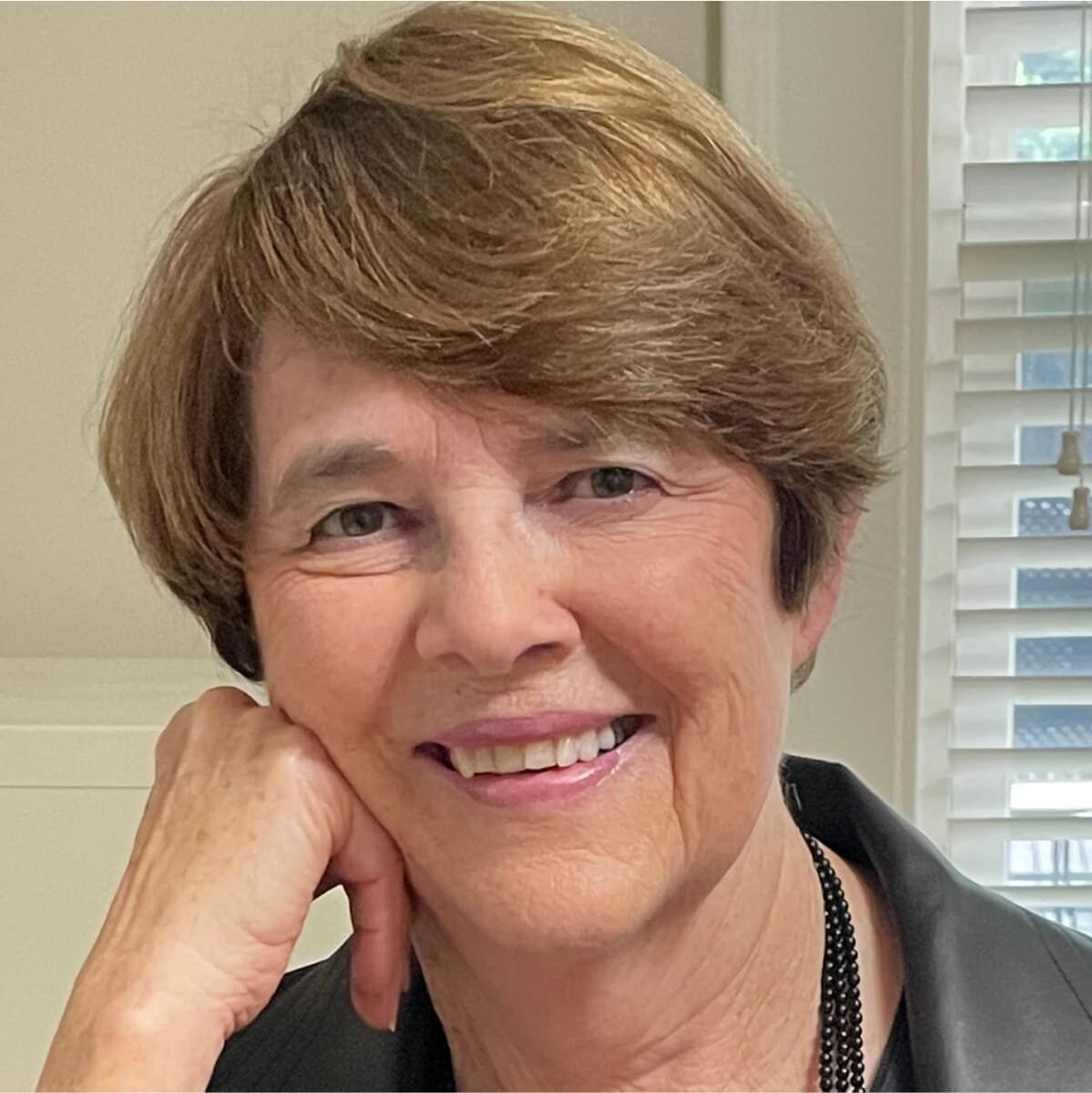
I didn’t just lose Carlotta that day
November 14, 2019
It has been 42 years since that October afternoon in 1977 when Carlotta Hartness and her friend Tommy Taylor were shot to death near a baseball park in northeast Columbia. Tommy was 17 years old. Carlotta was just 14.
The random, gruesome murders of two innocent teenagers rocked Richland County. “I didn’t just lose Carlotta that day,” says Sherrerd Hartness, Carlotta’s older sister. “I lost my entire family.”
She lost them, each eventually destroyed in their own way, from unrelenting grief.
The trio of youthful killers was arrested five days later. High on alcohol and drugs, they first shot Tommy, who had been sitting in his car. Then they forced Carlotta to a nearby dirt road, where they raped and then shot her as she begged for her life. (Twelve days earlier, the men had raped and murdered a third innocent. Her name was Betty Swank, a young wife and mother.)
But Sherrerd Hartness still lives. She is 61 now and a divorced mother of two grown sons. She has a soft Southern accent and a degree from Converse College, and she is an interior designer in Columbia. She is also the only member of her shattered nuclear family left to tell the story.
“My heart hurts,” she said in a recent interview, “for all the people like me with different names.” She is referring to the thousands upon thousands of survivors of the unending gun violence in today’s America— the siblings, parents, spouses, children, and friends of the victims.
“The headlines,” she says, “focus on the crimes and punishment. Families are left to internally disintegrate.”
Their lives were never the same. Their father instructed Sherrerd and her brother to never again speak Carlotta’s name. Their mother gardened for eight hours a day. “The only way my parents could survive was to create this emotional armor. It was like steel doors closing on a bank vault. The anguish was so great.”
Sherrerd’s own attempt at therapy ended after just one session when the counselor asked her to sign a release form so he could use her family’s tragedy for his master’s thesis. She declined.
“Nothing in your body works the same way anymore,” says Hartness. “You’re not sure what’s what. Everything is exhausting. How is it possible to still be alive and be that exhausted?”
In 2010, two years before her mother died, Hartness discovered a piece of paper in her parents’ bathroom. The paper contained Carlotta’s full name, her date of birth and death, and the comment, “Murdered.” Next came her brother’s date of birth and death. Finally, there was Sherrerd’s name and date of birth, with the date of death left blank.
She nearly screamed out in the pain from that discovery. “This is what people need to understand,” Hartness says. “You have all these people out there like us, walking around trying to keep it together.”
She fears with every shooting, the fabric of our society frays a little bit more. With that in mind, she is speaking out after so many decades of silence about her little sister’s murder and its terrible aftermath. “What happened to my sister was horrific. But I’ve got nothing left to lose. Speaking out is the best way I know to possibly help people facing these same situations.”
Hartness talks about creating a “safe place,” an atmosphere where other families and friends of murder victims could feel free to talk. She wonders if public television would produce a show “with a panel of the Sherrerd Hartnesses of the world” to help survivors cope and explain appropriate ways of talking to them so they are not re-wounded. Ultimately, she wants people to “come together and figure out some way to stop the gun violence.”
She can’t go back to the person she was before. And she has had 40-plus years of trying to make people around her comfortable —people who don’t know what to say or do about her family’s tragedy. So, now, she says this:
“Don’t pretend the tragedy never happened. Don’t NOT say something. But if you’re going to say something, ask permission first to speak about the victim. Don’t just ‘barge in,’ because there are ‘good days and bad days’ for the survivors.
“Don’t ever say what happened was ‘God’s plan.’ Just don’t even go there,” says Hartness, recalling a stranger who showed up at her family’s house after the tragedy and blithely announced that it was “all part of God’s plan.”
If you don’t know what to say, just use these words, “I don’t know what to say.” That might be enough.
Don’t say: “Let me know if there is anything I can do.” Instead, help in concrete ways, such as getting the person “outside in nature,” accompanying them to the grocery store, helping them empty the dishwasher, helping them make the bed. “It’s like you’re in an emotional body cast,” says Hartness. “You want to help them heal as rapidly as possible.”
So, dear reader, this is where we are in today’s America. Assume, for the moment, that gun violence will continue. Learn, therefore, what to say and do if gun violence befalls your family or friends.
Unfortunately, Sherrerd Hartness is an expert on this.

Jan Collins is a Columbia, South Carolina-based journalist, editor, and author. A former Nieman Fellow at Harvard and former Congressional Fellow in Washington, D. C., she is the coauthor of Next Steps: A Practical Guide to Planning for the Best Half of Your Life (Quill Driver Books, 2009).